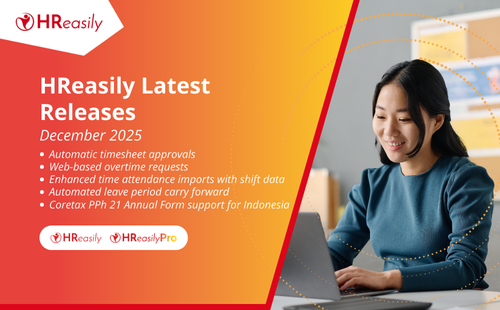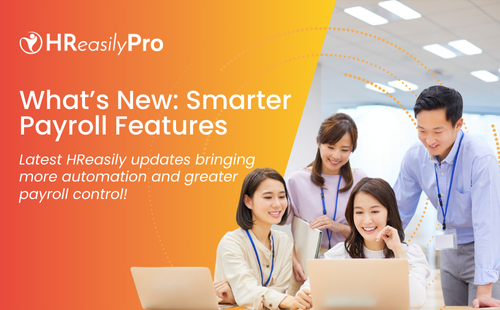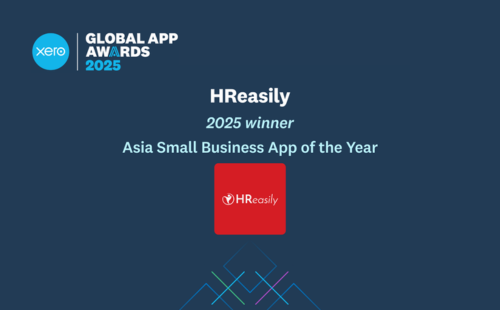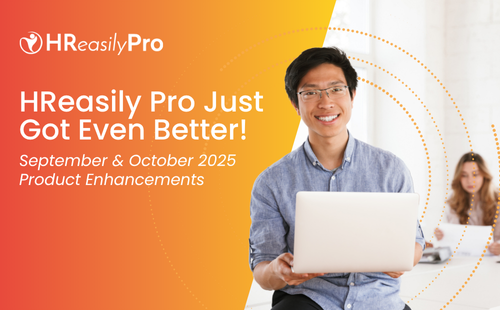
Attracting top talent among millennials isn’t a mystery. We show you how to play up the benefits you offer, that most appeal to them.
Asia Pacific’s small and medium enterprises (SMEs), which make up more than 97% of all businesses in the region, employ more than half of the region’s workforce, according to the Asia-Pacific Economic Cooperation.
For SMEs to keep going and contribute to economic prosperity, attracting and retaining top talent entering the workforce every year is key. SMEs need to position their flexibility, clear career growth tracks, and the way their business makes an impact on the world, because millennial job seekers today look for that in their employers. Whether deserved or not, millennials have a reputation for being disruptive. They break from the societal behaviours and choices of previous generations, by delaying large purchases or having few, if any, children.
Disruption is seldom welcomed, and especially so at the workplace. Here’s a cheat sheet on how to position your employee benefits to millennials, who by 2025, will make up to 75% of all workers.
1. Making a difference makes a difference to millennials
Giving back to the community in which your business operates gives you an edge when it comes to attracting millennial talent. A 2016 Fortune study found that almost two-thirds of millennials are more likely to want to work for companies that give to charity.
Building a company brand with a charitable purpose in mind also distinguishes a company from its competition. It helps define the “personality” of the company and allows employees and customers to identify and align with its mission and values. Millennials want to work for companies whose values they align with.
Asian millennials, compared to their global peers, tend to also value the reputation of their employer more highly, stated a PwC report on the attitudes of the millennial generation to work and their employers. Thai companies such as Siam Commercial Bank and Bank of Ayudhya (Krungsri) have made youth and community development core parts of their brand and mission. “As these banks have begun to expand into the adjacent markets of Cambodia, Laos, and Vietnam, having a purpose-driven proposition becomes a powerful recruitment and retention tool,” says Jonathan Bernstein, general manager and executive director of Interbrand Singapore, a global brand consultancy.
2. A growth track that nurtures and empowers
Millennials want to feel esteemed, instead of treated as replaceable cogs in the machine. They seek employers who are willing to invest in their professional growth. Research undertaken by Gallup in 2016 found that “opportunities to learn and grow” was rated the most important factor among millennial job applicants. The Deloitte Global Millennial Survey 2019, which included more than 13,416 respondents across 42 countries and territories, also found that almost a third of millennials plan to leave their current organisations in the next two years because of a lack of learning and development opportunities that could help them advance in their careers.
Companies that show they’re willing to provide continuous opportunities to learn and grow will win the race to attract top millennial talent, who will be equipped with fresh approaches and innovative ways of working, alongside their ever-growing familiarity with technology and its role in the workplace. They can do so by:
– Developing dedicated career-growth tracks for each new hire
– Providing an annual training or continued education stipend
– Launching mentorship programs
– Letting employees work in cross-functional departments. This also mitigates the silo effect that tends to slow organisations down.
3. Flexibility is no longer the future of work, it’s the present
Flexibility isn’t the exclusive domain of the gig economy. The Deloitte Global Millennial Survey 2019 found that a growing number of companies are now offering flexible working arrangements to cater to the millennial workforce. These companies appeal to millennials who value the flexibility afforded by the gig economy yet value the security of full-time employment. The same Deloitte survey found that almost a quarter of Millenial respondents planned to leave their current organisations in the next two years because of a lack of flexibility. Companies can prevent such high staff turnover by building flexibility into their organisations through the following:
– Flexible working hours: Employees have a say in setting their own working hours.
– Flexible workspaces: Employees can choose to work from the office, home or other suitable locations.
– Flexible recruitment: Employees can be offered diverse employment terms which have built-in support for short-term absences such as parental leave, secondments or sick leave.








